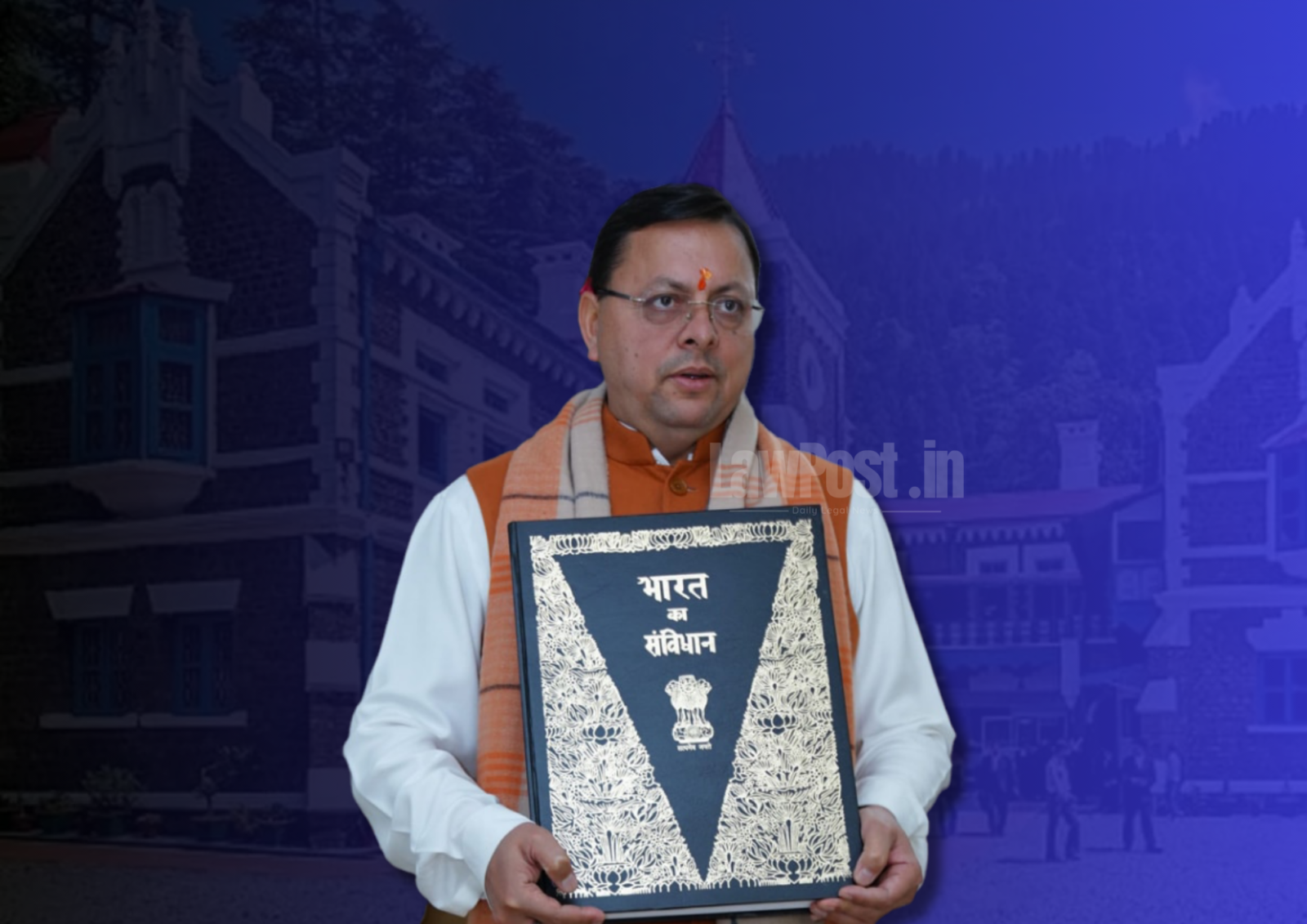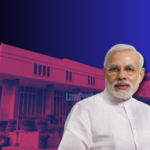The Uttarakhand High Court is set to examine a Public Interest Litigation (PIL) challenging several provisions of the recently implemented Uniform Civil Code (UCC) 2025 in the state. The petition, filed by Advocate Aarushi Gupta, argues that while the UCC has addressed discriminatory practices, some of its provisions impose “unreasonable restrictions” and infringe upon fundamental rights such as privacy and religious freedom.
The petition was filed through Advocate Ayush Negi and calls for the court to strike down multiple provisions, including those related to marriage registration, live-in relationships, and the broad definition of “residents” under the Code.
Court Observes “Serious Constitutional Issues”
The High Court, while yet to list the matter for hearing, has reportedly acknowledged that the PIL raises “serious constitutional issues requiring judicial scrutiny.” The bench is expected to examine whether the provisions violate the right to privacy as laid down in the Puttaswamy judgment and if they disproportionately affect minority communities.
“A law that seeks to unify must not result in forced homogenization at the cost of constitutional liberties,” the court is likely to observe during the proceedings.
Concerns Over Impact on Minority Communities
The petitioner has specifically challenged how the UCC appears to impose Hindu personal law norms on non-Hindu communities, particularly regarding marriage restrictions.
- The UCC’s definition of prohibited degrees of relationship is based on the Hindu Marriage Act, 1955, which does not align with customs of Muslims and Parsis.
- The blanket ban on polygamy without exceptions disregards practices followed by certain sects of Muslims.
- Section 25(3)(ii), which allows Muslim women to seek divorce if their husband had multiple wives before the UCC was enacted, has been called “targeted” and “discriminatory.”
The court is likely to seek clarity from the state government on why certain community-specific practices were disregarded while drafting the Code.
Live-In Relationship Rules Questioned
Another significant challenge in the PIL is the UCC’s strict regulation of live-in relationships, which the petitioner argues grants the state “moral policing powers.”
- The requirement for mandatory registration of live-in relationships has been called an “excessive and unnecessary intrusion into personal lives.”
- The exclusion of LGBTQ+ couples from registering live-in relationships is seen as discriminatory.
- The harsh penalties (up to six months’ imprisonment) for failure to register a live-in relationship could lead to “undue harassment.”
- Registrars have been given broad discretionary powers to determine if people are in a live-in relationship, which the petitioner calls “arbitrary and prone to abuse.”
Legal Battle Ahead
As the matter comes up for listing, legal experts suggest that this case could set a precedent for how UCCs are framed in other states. If the High Court finds merit in the petition, certain provisions could be struck down or read down to ensure constitutional compliance.
With the court expected to seek responses from the Uttarakhand government, this case is shaping up to be a landmark legal battle on the intersection of personal laws, religious freedoms, and state regulation.








